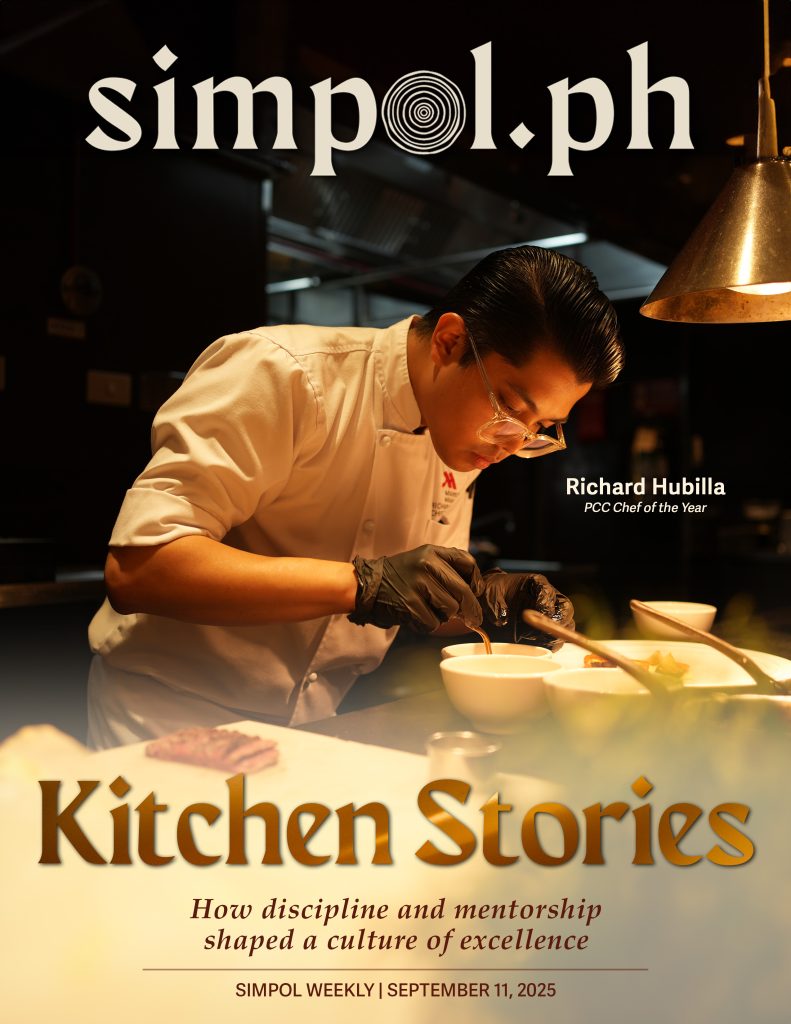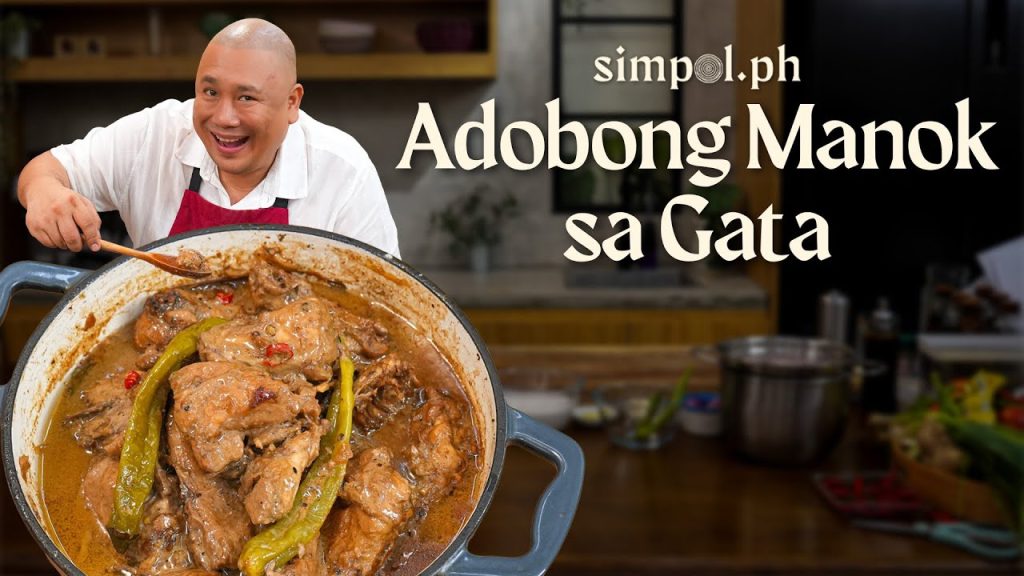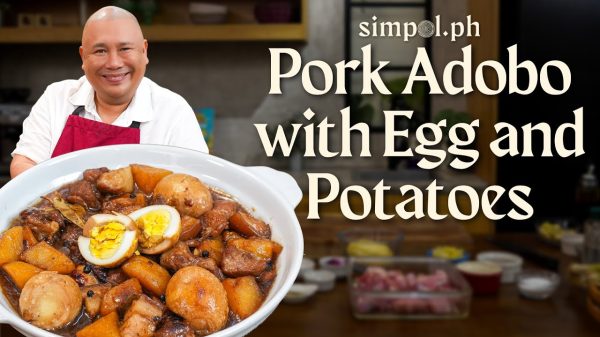When pandemic lockdowns have fractured food supply chain, farmers in Atok, Buguias, Mankayan, and Mountain Province faced an urgent crisis — overflowing harvests with no buyers.
Simultaneously, chefs across the Philippines struggled to source fresh and reliable ingredients to sustain their restaurant menus.
From this shared struggle, WOFEX ignited a pandemic-proof partnership in reshaping Filipino food — from farm to table.
Breaking Old Patterns: Voices from Teacher’s Camp and Beyond
Farmers gathered for a summit sponsored by the Department of Agriculture at the Baguio Teacher’s Camp. They shared in the forum about their fears and hopes in farming. Among them, Manang Winnie wrestled with the challenge of persuading her fellow cooperative members to embrace direct contracts with restaurants.
Skepticism among the farmers filled the room. They recounted previous failed contract deals, lost income, broken promises, and unstable market for restaurants. Yet, through a patient dialogue, fragile trust began to take hold.
“We’d always relied on middlemen and traditional markets. Contracts and quality checks are new and intimidating,” Manang Winnie recalls. “But we realized we could take control, and find fair and reasonable partners.”
Joining the conversation is Sherly Biase of Greens for Good Farmer’s Association, who cultivates jalapeño peppers, cherry tomatoes, leafy greens, and kiniing — a traditional Benguet smoked meat.
“The support from chefs has been life-changing,” Sherly says. “Beyond buying our produce, when they mention where their ingredients come from, it shows real respect for our work. It gives us pride to see our harvest turned into dishes prepared with care.”
This respect sparks innovation. Farmers experiment with new crops and revive forgotten varieties like rhubarb, unlocking fresh markets with renewed hope.

Chefs Who Step Into the Fields—and Kitchens
Chefs Waya Araos-Wijangco and Justin Yenko stepped into farms and kitchens alike, forging deeper ties with the farm land and those who tend it.
Chef Justin recalls finding wild rhubarb abandoned on a farm. Recognizing its potential, he pledged to buy every stalk the farmers could cultivate.
“That moment revealed the untapped potential of local farms. It’s about building relationships, not just sourcing ingredients.” , he said.
In one vivid kitchen immersion, Chef Waya transformed vegetable trimmings—once dismissed as “garbage” by farmers—into a flavorful feast. The farmers initially scoffed, but the rich aromas and tastes soon won them over, turning skepticism into pride.
Restaurants such as Wildflour Café + Restaurant pioneered contracts with several farmer groups, prompting growers to shift from bulk harvesting to staggered planting and timely deliveries—a demanding but necessary change.
From Hesitation to Ownership: Overcoming Challenges
Farmers eventually mastered delivery schedules, receipts, and quality checks—with guidance from DA-CAR, local governments, and WOFEX facilitators—gradually building their confidence and skill.
Manang Winnie recalls, “It wasn’t easy at first. But now, we’re not just farmers—we’re business partners.”
Supply volumes increased from less than a ton weekly to triple which are shared among farmer groups from Atok, Buguias, Mankayan, and Mountain Province.
Among them, Manong Saldy stands out. Initially cautious, his outlook shifted during long, open conversations at Baguio Teacher’s Camp, where he shared stories of farming as a gamble with glimpse of new possibilities.
“Farming is always uncertain,” he said, “but with honest partnerships, we can turn that gamble into steady growth.”
Institutionalizing Progress: Farm Forward Initiatives (FFI)
To sustain progress, WOFEX founded Farm Forward Initiatives (FFI), an NGO providing training, market access, and cooperative development. FFI now empowers farmer and fisherfolk groups across regions to thrive as market-driven agribusinesses.
Real Impact: Growth in Numbers and Spirit
The network expanded from 30 farmers to hundreds across five regions, with average revenues growing tenfold. Chefs benefit from fresher, more diverse ingredients at reduced costs.
More than numbers, this partnership nurtures pride and mutual respect, strengthening Filipino food culture from the ground up.
Supporting Insight: Chef Jonas Ng on Respect and Partnership
Chef Jonas Ng reflects,“My early career focused on imported ingredients. Over time, I’ve embraced local sourcing and partnerships with Filipino farmers to elevate food quality and security.”
“Visiting farms and meeting growers reminds us cooking is a shared act of care. Our dishes honor their labor and love for the land.”, he adds.
A Partnership with Promise
This farmers-chefs collaboration is more than a supply chain change—it’s a cultural renewal based on dignity and shared responsibility.
In the quiet hours before dawn, farmers in Atok prepare their harvest while chefs plan menus inspired by the very hands that tend the soil. The journey from seed to plate is no longer distant but intertwined, a shared story of care and collaboration.
One farmer sums it up, “We started uncertain, but by working together, we’ve become partners in feeding the nation.”
For chefs, every plate is now a tribute—to the land, the people, and traditions that nourish us all.


























